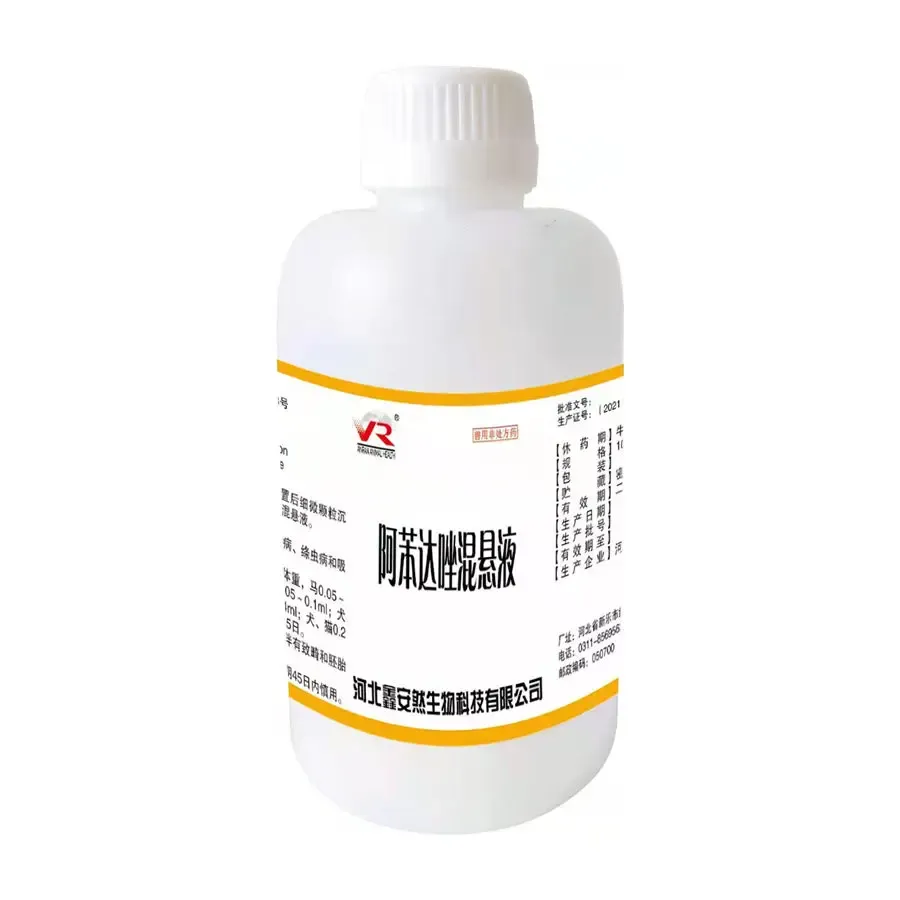- Afrikaans
- Albanian
- Amharic
- Arabic
- Armenian
- Azerbaijani
- Basque
- Belarusian
- Bengali
- Bosnian
- Bulgarian
- Catalan
- Cebuano
- Corsican
- Croatian
- Czech
- Danish
- Dutch
- English
- Esperanto
- Estonian
- Finnish
- French
- Frisian
- Galician
- Georgian
- German
- Greek
- Gujarati
- Haitian Creole
- hausa
- hawaiian
- Hebrew
- Hindi
- Miao
- Hungarian
- Icelandic
- igbo
- Indonesian
- irish
- Italian
- Japanese
- Javanese
- Kannada
- kazakh
- Khmer
- Rwandese
- Korean
- Kurdish
- Kyrgyz
- Lao
- Latin
- Latvian
- Lithuanian
- Luxembourgish
- Macedonian
- Malgashi
- Malay
- Malayalam
- Maltese
- Maori
- Marathi
- Mongolian
- Myanmar
- Nepali
- Norwegian
- Norwegian
- Occitan
- Pashto
- Persian
- Polish
- Portuguese
- Punjabi
- Romanian
- Russian
- Samoan
- Scottish Gaelic
- Serbian
- Sesotho
- Shona
- Sindhi
- Sinhala
- Slovak
- Slovenian
- Somali
- Spanish
- Sundanese
- Swahili
- Swedish
- Tagalog
- Tajik
- Tamil
- Tatar
- Telugu
- Thai
- Turkish
- Turkmen
- Ukrainian
- Urdu
- Uighur
- Uzbek
- Vietnamese
- Welsh
- Bantu
- Yiddish
- Yoruba
- Zulu
11월 . 15, 2024 03:15 Back to list
genta gentamicin sulfate
Gentamicin Sulfate An Overview of its Uses and Applications
Gentamicin sulfate is an aminoglycoside antibiotic that is widely utilized in the treatment of various bacterial infections. Derived from the bacterium Micromonospora purpurea, this potent antimicrobial agent has gained recognition in both human and veterinary medicine for its effectiveness against a broad spectrum of gram-negative and some gram-positive bacteria.
Mechanism of Action
Gentamicin works by inhibiting bacterial protein synthesis. It binds to the 30S ribosomal subunit, disrupting the translation of mRNA into proteins, which are essential for bacterial growth and replication. By preventing proteins from being made, gentamicin halts the proliferation of bacteria, leading to their eventual death. This unique mechanism makes gentamicin particularly effective against serious infections caused by aerobic gram-negative pathogens, such as Pseudomonas aeruginosa, Escherichia coli, and Klebsiella pneumoniae.
Medical Applications
Gentamicin sulfate is primarily used to treat severe infections, particularly those caused by susceptible organisms. It is often prescribed for
1. Urinary Tract Infections (UTIs) Gentamicin has shown considerable efficacy in treating complicated UTIs, especially those caused by multidrug-resistant organisms.
2. Respiratory Tract Infections The antibiotic is effective against pneumonia and other serious respiratory infections caused by susceptible gram-negative bacteria, making it a crucial option for hospitalized patients.
3. Skin and Soft Tissue Infections In cases where systemic therapy is necessary, gentamicin can be incorporated into treatment regimens for serious skin and soft tissue infections, particularly those resulting from surgical wounds or diabetic ulcers.
genta gentamicin sulfate

5. Ophthalmic Infections Gentamicin is also available in topical formulations for treating eye infections, particularly those caused by susceptible bacteria.
Administration and Dosage
Gentamicin can be administered in multiple ways, including intravenously, intramuscularly, or topically, depending on the type and severity of the infection. The correct dosage is critical and must be tailored to the patient's age, weight, kidney function, and the severity of the infection. Routine monitoring of drug levels in the blood is often required to prevent toxicity, especially in patients with renal impairment, as gentamicin is primarily excreted through the kidneys.
Side Effects and Toxicity
While gentamicin is an effective antibiotic, it is not without its risks. Common side effects include
- Nephrotoxicity One of the most significant concerns when using gentamicin is its potential to cause kidney damage. Monitoring renal function is essential during treatment to avoid irreversible damage.
- Ototoxicity Gentamicin can also affect the auditory and vestibular systems, leading to hearing loss or balance issues. This risk is particularly pronounced in patients receiving prolonged therapy or those with pre-existing hearing loss.
- Allergic Reactions Though rare, patients may experience hypersensitivity reactions, which can range from rashes to more severe anaphylactic responses.
Conclusion
Gentamicin sulfate remains a cornerstone in the treatment of serious bacterial infections, particularly in an era where antibiotic resistance poses a significant challenge. Its broad spectrum of activity, combined with its potent mechanism of action, makes it a valuable tool in both human and veterinary medicine. However, due to the potential for severe side effects, particularly nephrotoxicity and ototoxicity, careful patient selection, monitoring, and adherence to dosing guidelines are essential to ensure its safe and effective use. As researchers continue to explore ways to mitigate the risks associated with gentamicin, its role in combating resistant infections will undoubtedly remain vital in the medical field.
-
Guide to Oxytetracycline Injection
NewsMar.27,2025
-
Guide to Colistin Sulphate
NewsMar.27,2025
-
Gentamicin Sulfate: Uses, Price, And Key Information
NewsMar.27,2025
-
Enrofloxacin Injection: Uses, Price, And Supplier Information
NewsMar.27,2025
-
Dexamethasone Sodium Phosphate Injection: Uses, Price, And Key Information
NewsMar.27,2025
-
Albendazole Tablet: Uses, Dosage, Cost, And Key Information
NewsMar.27,2025













